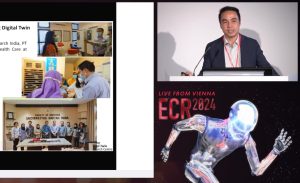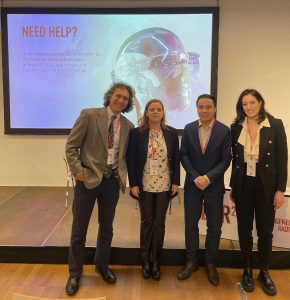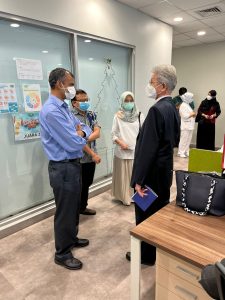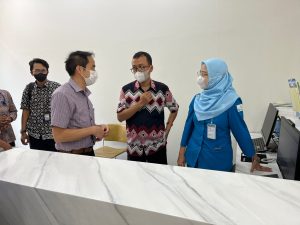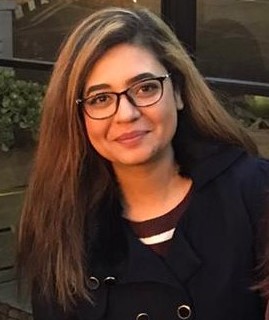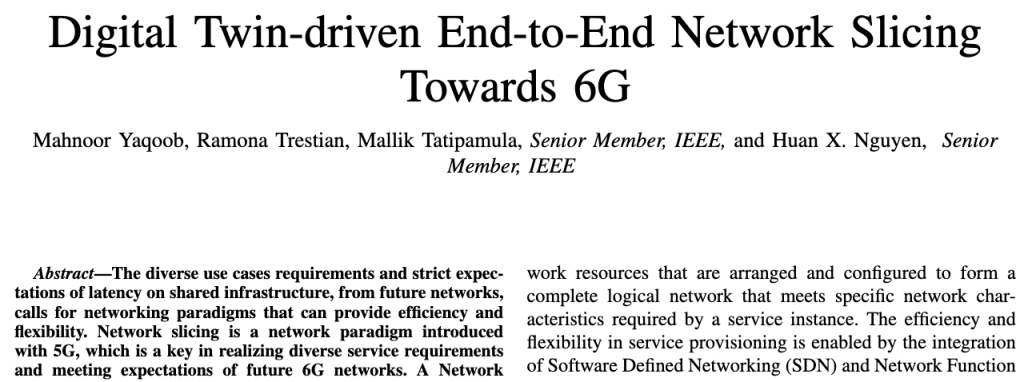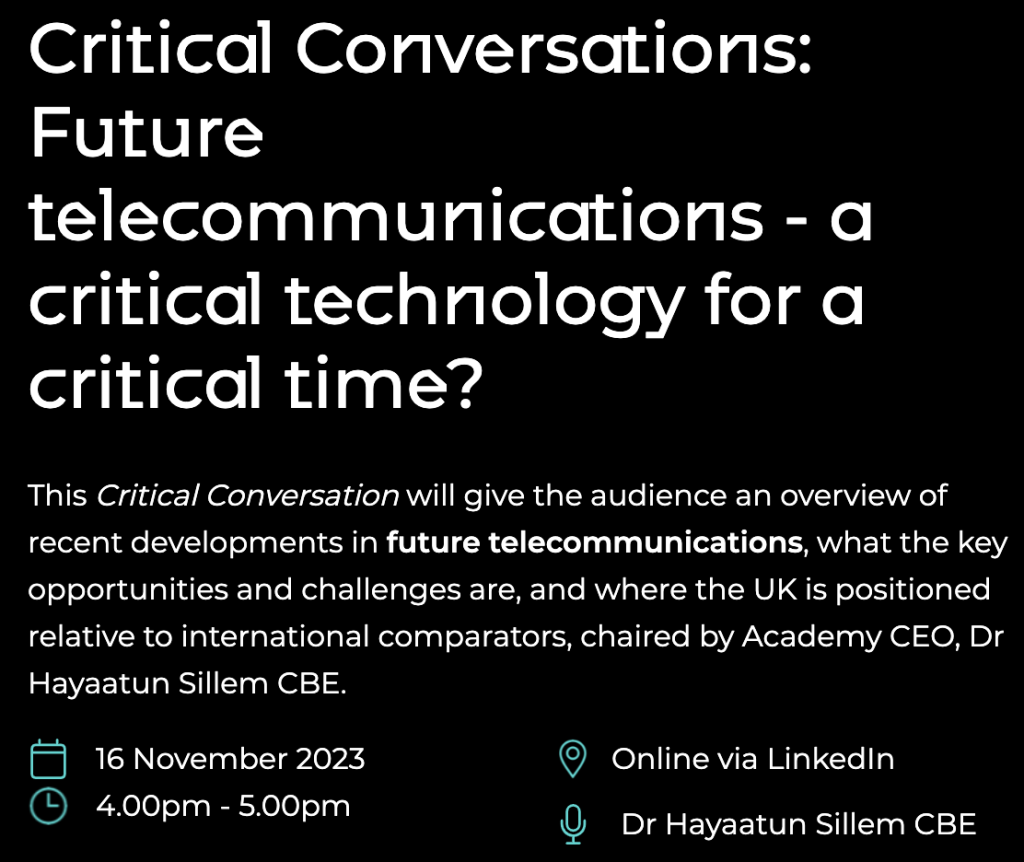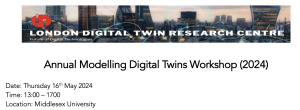

This half-day event brings leading international researchers in model driven software engineering to showcase research challenges, current research and applications of model driven approaches to Digital Twins. The event is sponsored by the networking grant “Strengthening Global Partnerships: Digital Twinning for Stroke Care in Vietnam and Indonesia.”
The workshop will feature talks followed by a plenary discussion. While there has been significant research progress and focus on physics based digital twins to support use cases such as predictive maintenance, this workshop will aim to progress our understanding and designing of digital twins that have human behaviour aspects. The sessions will be particularly suited to those seeking a broader understanding of digital twins, the representational technologies, and the modelling methods that can be deployed in the design of digital twins. Some specific application areas include DT modelling for policy formulation and modelling for health.
Eventbrite link to register for the event: here.


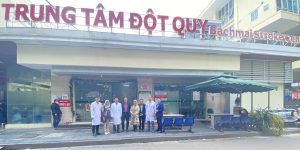
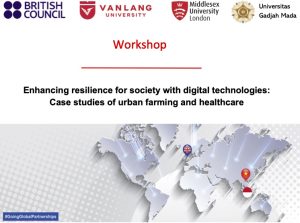 On 12th March 2024, the project team from Van Lang University (Vietnam), together with partners Middlesex University (UK) and Universitas Gajah Mada (Indonesia), organised the final workshop “Enhancing Resilience for Society with Digital Technologies: Case Studies of
On 12th March 2024, the project team from Van Lang University (Vietnam), together with partners Middlesex University (UK) and Universitas Gajah Mada (Indonesia), organised the final workshop “Enhancing Resilience for Society with Digital Technologies: Case Studies of 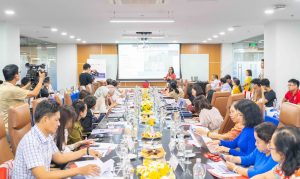
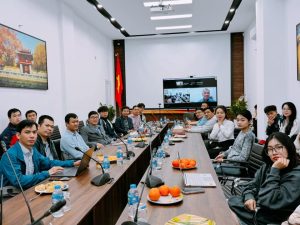
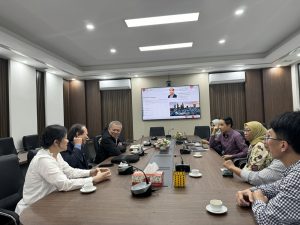

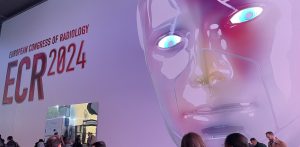 Together with colleagues Prof. Valeria
Together with colleagues Prof. Valeria